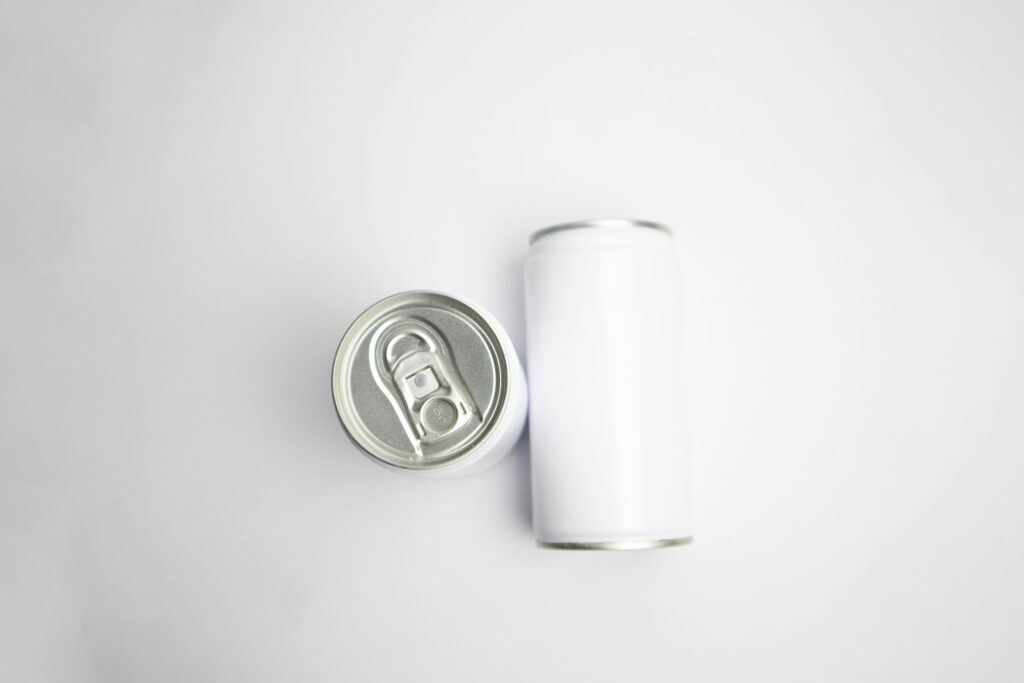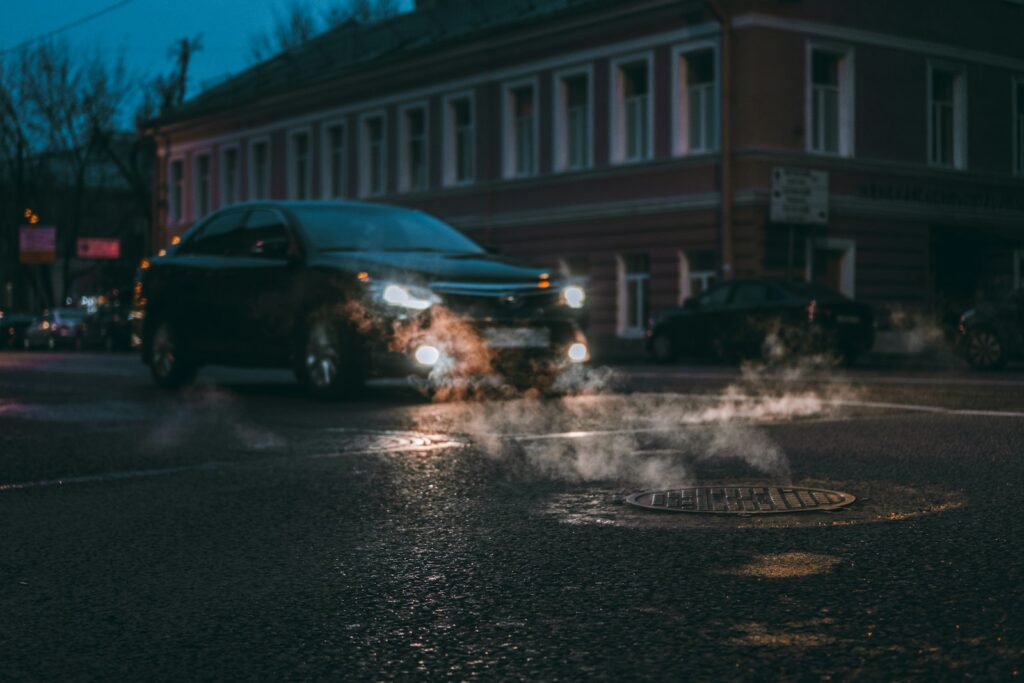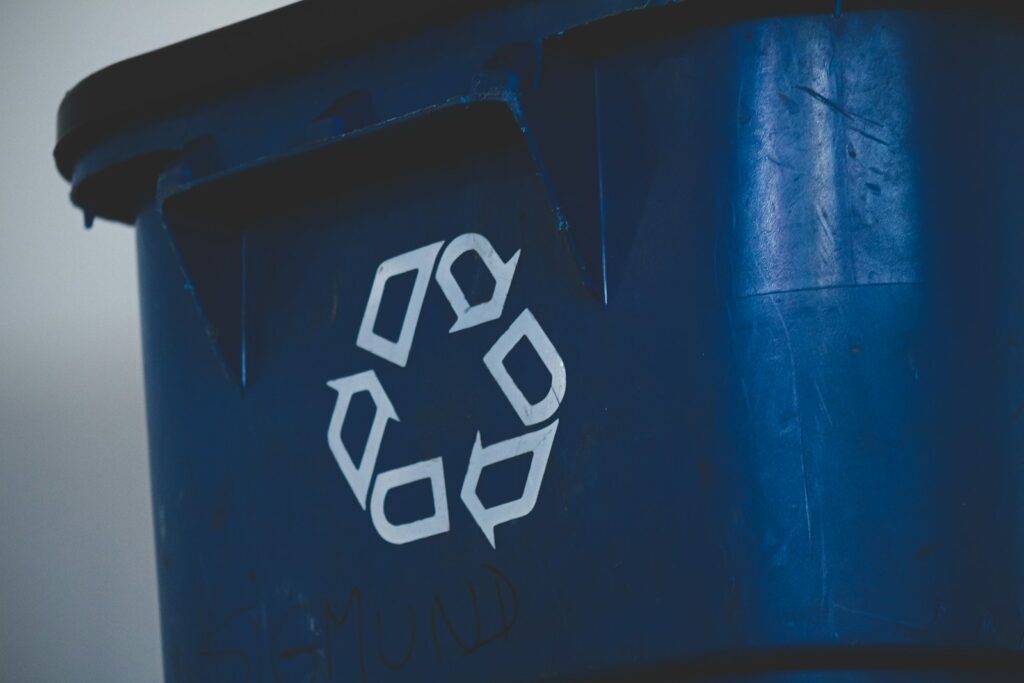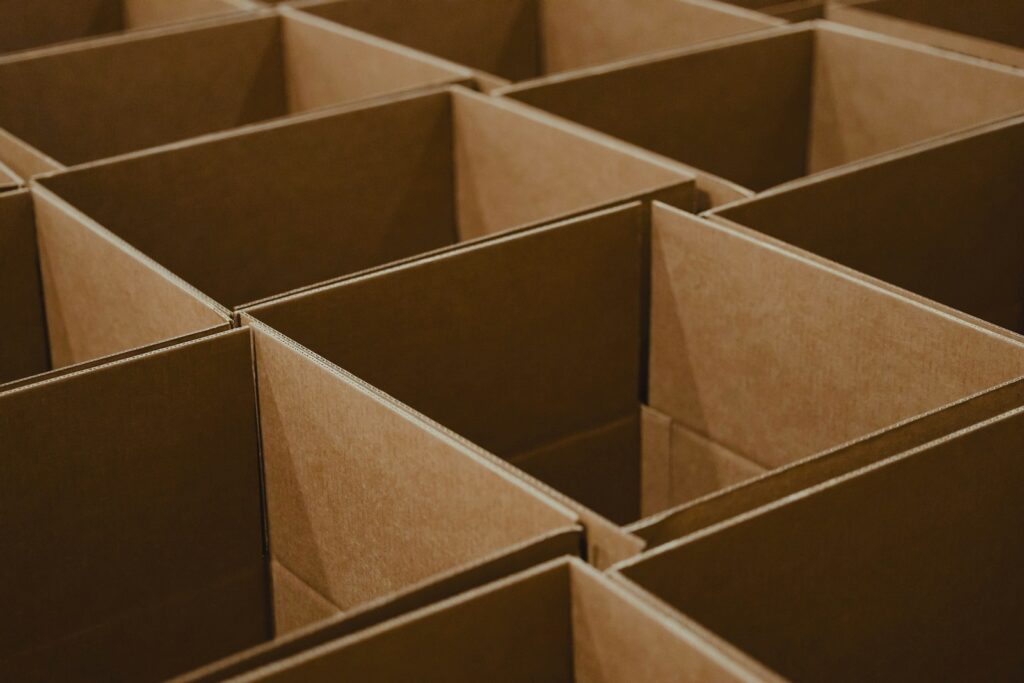Plastic Soup: An Atlas of Ocean Pollution is a beautifully-illustrated book that details the ‘plastic soup’ that is clogging the world’s seas and polluting the environment.
Its author Michiel Roscam Abbing spoke to Environment Journal about ‘plastic fatigue’, how nations can better work together to tackle the issue, and why technology should be the key to cutting down on waste.
What was the most shocking thing you learnt about plastic pollution when researching the book?
The most shocking thing is what is not visible. We breathe microplastics continuously without fully understanding the consequences for our health in the long run.
And what is the impact of increasing concentrations of microplastics in soil? Scientists claim that negative effects on terrestrial ecosystems might have a greater impact than at sea. The most shocking is probably what we don’t know yet.
Why do children seem more engaged with climate change, plastic pollution and other environmental matters than their parents (and grandparents) generation?
Children realise that climate change and problems like ‘plastic soup’ have arisen within one generation —that of their parents. They are uncertain what the world will look like by the time they grow up themselves. While their parents’ generation has profited from plastics, they will be confronted by the negative impacts of plastics on the environment and on their health.
There are some shocking images in your book, such as the turtle stuck in a net, how important have visual mediums such as social media been in raising awareness of the plastic problem?
Some of the images have become iconic and the suffering of animals easily evokes emotion. The impact of these images for raising awareness cannot be underestimated. For the book, we selected images that are beautiful and shocking at the same time. Next to these images, there is context and information.
Plastic pollution is a global issue — so how can nations better work together to ensure the problem isn’t just shipped around the world, before being dumped in the sea?
Plastic soup is indeed a global issue that can only be solved in a coordinated, international effort.
Nations should join their efforts and agree on an international treaty to curb the problem. The fourth UNEA summit, recently held in Nairobi, provided an opportunity for that. But some member states of the United Nations have blocked the ambitious approach needed.
The lobby of the United States protected the interests of the petrochemical industry successfully. In the years to come, the world will produce much more plastic instead of less.
How can governments better regulate the fishing industry to stop ‘ghost nets’ being dumped in the sea?
Abandoned nets have been catching fish and other marine animals for decades.
This industry is very difficult to regulate because nobody sees what is happening at sea. It is very worrisome for instance that none of the mega-fishing companies includes the problem of ghost nets in their agenda. It is clear that voluntary measures will have hardly any effect.
Governments must take this issue seriously and implement regulation. Options include a deposit scheme for fishing nets, or satellite tracking systems that can trace abandoned or lost nets.
Is there a danger that the public reaches ‘plastic fatigue’ and get complacent or even worse, stops caring?
20 years ago nobody had heard of plastic pollution. Now, people are rightfully concerned. Instead of reaching fatigue, the public might become even more concerned about the harmful consequences of the abundance of plastic.
Because plastics fragment into ever-smaller pieces the concentration of microplastics in the environment accumulates very rapidly. I think that the public realizes that it is not an option to stop caring.
What key inventions have you seen in the struggle against ‘plastic soup’ and what innovative ways have you seen companies or charities add value to plastic waste?
There is no silver bullet or simple solution, but there are many quick wins. We must introduce deposit schemes as they prove to be the most effective system to prevent waste.
There are inspiring new techniques like ‘natural branding’, the technique in which lasers are used to mark vegetables and fruit.
Supermarkets can offer products in plastic-free aisles. There are many inspiring individuals who show us how we can live with zero waste.
Plastic Soup: An Atlas of Ocean Pollution by Michiel Roscam Abbing, a researcher at Plastic Soup Foundation is released on April 26 – £20.00. Island Press.
















